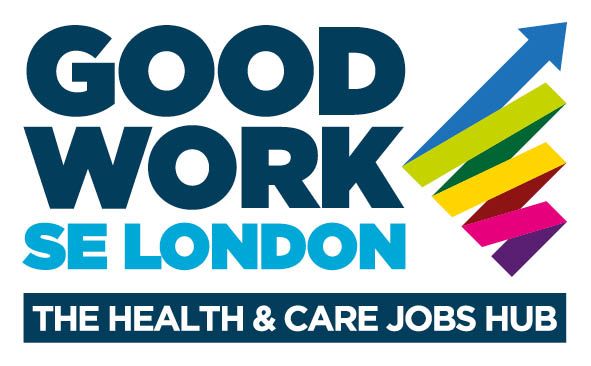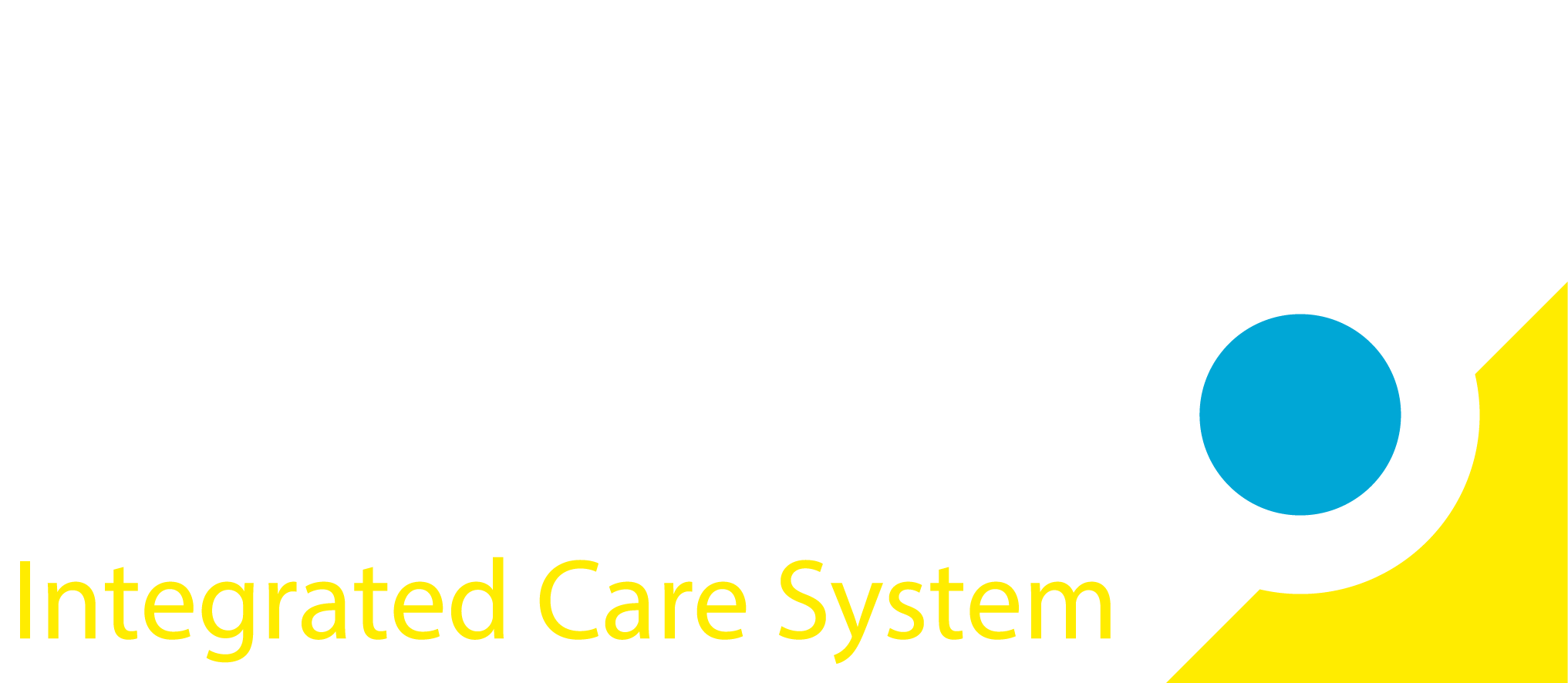Working in Health
Healthcare aims to help people stay healthy and well, and recover when they get unwell. Working in healthcare offers a unique opportunity to make a positive impact while being supported to develop personally and professionally. There's a huge amount of choice to suit different skillsets and interests.
What's covered?
What types of jobs are available?
Find out about the wide range of healthcare jobs available, including patient-facing and non patient-facing roles.
What do different roles involve?
See examples of what jobs at different levels would involve, and the qualifications and experience you'd need.
What pay and benefits can I expect?
Find out more about the pay scale and other benefits you can expect if you work for the NHS.
How can I getstarted?
See how to gain the skills, experience and qualifications you’ll need to start your career.
What jobs are available in healthcare?
Supporting roles
There are thousands of opportunities in south east London to work in supporting roles that don’t involve regular contact with patients.
Routes into these roles can involve either relevant experience in another sector, or through training.
Routes into these roles can involve either relevant experience in another sector, or through training.
These can vary widely — here are some examples.
What do different roles involve?
Senior Nursing Assistant (Cancer Care)
Community Nursery Nurse
Paediatric Nurse
Patient Liaison Manager – Patient Transport
Advanced Occupational Therapy Practitioner
Highly Specialist Advanced Nurse Practitioner
General Manager – Heart Directorate
Integrated Care Director
You can find out more about specific job profiles here.
It’s always helpful to hear from people doing the job already, and to find out what they enjoy about their role. Watch this video to hear about Gwen's experience of being a nurse.
Write your awesome label here.
How can I get started?
Whatever healthcare role you’re applying for, a helpful starting point is deciding how you might gain useful qualifications, knowledge and experience.
Opportunities will vary depending on what role you’re going for, but there are plenty of options to explore, from work placements and volunteering to paid courses and training schemes.
Opportunities will vary depending on what role you’re going for, but there are plenty of options to explore, from work placements and volunteering to paid courses and training schemes.
Useful resources
There are plenty of resources available to help you identify which role is right for you, develop your skills, and provide more information about a career in healthcare.

